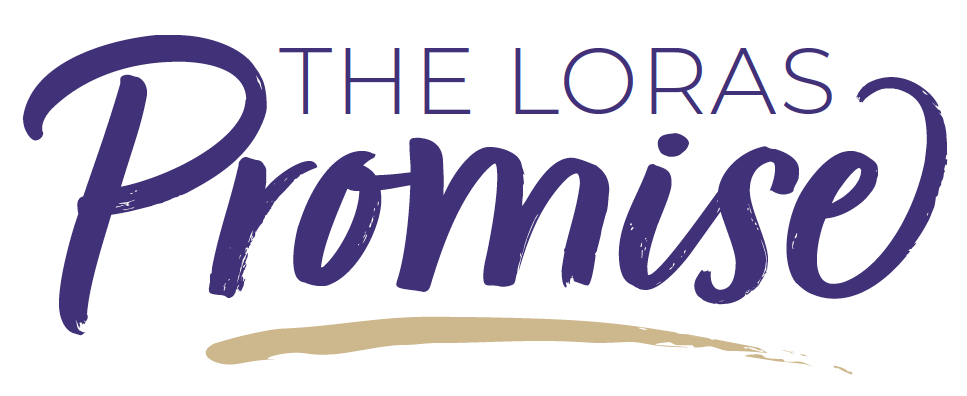Investing in Your Future
Pursuing your degree at Loras College is an investment in your future that will return dividends for years to come. We support your investment by providing an exceptional learning experience and sharing the cost of your degree.
Every degree-seeking undergraduate student currently enrolled at Loras receives scholarships and grants reflective of their achievements and financial need. Let us show you how you can affordably access a Loras College education.
Scholarship Awards
Loras College offers merit scholarships to all admitted first-year students. Financial need is not a factor unless otherwise noted. Please review all scholarship information and pay close attention to priority deadlines.

Generous merit scholarships for all first-year students and a tuition-free education for Pell-eligible students receiving the Iowa Tuition Grant.
Acceptance Awards 2024-25
Merit Scholarship & Grants
Loras offers academic scholarships to accepted students based on high school GPA. The GPA utilized for scholarship ranking is based on a 4.0 scale. Acceptance awards range up to $24,000.
| St. Joseph Scholarship | 4.0+ GPA | $24,000 |
| St. Bernard Scholarship | 3.80-3.99 | $23,000 |
| St. Raphael Scholarship | 3.40-3.79 | $22,000 |
| St. Clare Scholarship | 3.00-3.39 | $21,000 |
| Loras Opportunity Grant | Below 3.00 | $20,000 |
Scholarships & Awards Guidelines
- Students must be full-time undergraduates and meet the GPA requirements.
- The total of all Loras scholarships, grants, and awards may not exceed the cost of tuition and fees. External awards may be used beyond the cost of full tuition.
- Scholarships, grants, and awards are available for eight semesters.
- Scholarships, grants, and awards are subject to fund availability and may be replaced by alternative funds when necessary.
Program-Based Scholarships 2024-25
Please note: Students may participate in any two (2) scholarship programs, plus any “additional scholarships” below. Some exclusions may apply and are noted within each program. The priority deadline for all programs is January 17, 2024, unless otherwise noted. Applications submitted after that date will be subject to evaluation on a case-by-case basis or until the program reaches capacity.
Additional Scholarships
Transfer Student Scholarships
Scholarship is determined by average GPA from all colleges attended. To maximize your financial aid opportunities, complete your FAFSA. Transfer students are eligible for the following scholarships:
International Student Scholarships
All international students seeking their first bachelor’s degree are eligible for merit-based scholarships and grants once accepted to Loras College. You must complete the certificate of finances and submit the associated financial documents to be eligible for merit or need-based aid. Awards are based on full-time enrollment and residency in campus housing. Awards are renewable as long as award criteria are met annually.

